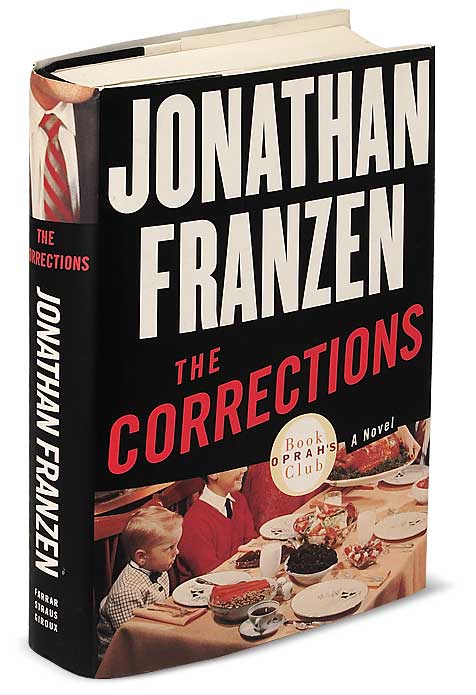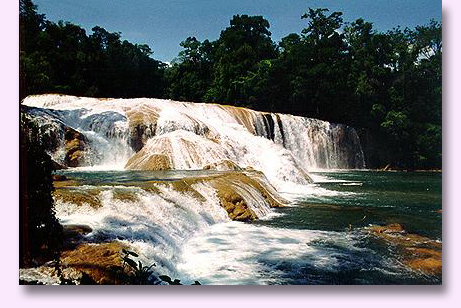
It's summer again, and that means endless reading of great novels while sitting on the beach under a large umbrella, with the ocean surf gently rolling up against the horizon-like shore, right? Ok, I'm not doing that either, and it doesn't look like a soon to be possibility anywhere near, anytime soon, lets just say. But, we make do. Maybe I'll go sit next to my garden hose while it trickles out a little trickle of water. Or, there's always that city park down the street with the decent-sized lake, a smaller version of that expansive ocean, which never fails to rejuvenate the soul.
Right now, I'm reading a novel called "Drop City" by T.C. Boyle, and am about 3/4 through it. It's about a hippie commune of the late 60's/early seventies which moved from California up to Alaska, and what that all entailed. A lot of what it seems to be about so far is the concept of idealism, and how ideals so many times come crashing up against the real world, and what then results from that. That is what I had hoped it would largely be about, and so I'm satisified with the progression of the book so far. I've know a fair amount of idealists, and consider myself to be one, but sometimes that concept can become stretched so far out from real existence, that idealism can become dangerous, to oneself as well as others (as the book itself presents). It's interesting to note that so many of the hippies were middle and upper class kids, which I guess made for a nice cushion to have to fall back on if things went wrong, while people like my father, working-class people, were too busy working and raising kids, to have a lot of time to be able to "smell the flowers". It is interesting, those class differences of the time (which of course still exist); some young people out to change the world, and some too busy keeping their heads above water to be able to indulge in such notions.
Let's see, what have I already read recently? Oh yeah, "F.U.B.A.R." (f@#$%! up beyond all recognition) by Sam Seder of Air America Radio, a humourous take upon the all of the right-wing wacko-ness we've been living under for the last 6 years, including anti-gay gay Republicans, the Rapture Right, how to survive in the leftover economy once the last decent paying job has left American shores, and so forth. The funniest item to me in the book was a mockery of the work of NY Times pundit Tom Friedman ("The World Is Flat") and all of his overblown buffoonery; a mock presentation of his latest "book", "The Dark Little Boy and The Ipod" (not a "real" work, but so Friedmanesque in its mockery - presented as how things like the Ipod have "revolutionized" life for people in places like Bangladesh and other places - utterly ridiculous-and yet so Tom Friedman-like in its presentation). I thought there would be slightly more "meat" in this book, and maybe a little less humor, but oh well, I did need the laugh. I think we all do.
"Cobra II" by Gen. Bernard Trainor, was about how the present engagement in Iraq began, particularly from the military standpoint. It's basic premise was that not enough troops were sent in the beginning, not so much to win the "war", but to then maintain the "peace" afterwards. This blunder of insufficient troops led to such things as the infiltration of foreign fighters due to an inability to seal off Iraq's borders resultant from the lack of troops. Also, the guerilla-style resistance still ongoing, seemed never to have been anticipated, with American forces prepared for an engagement with a Soviet-style trained adversary, but apparently not for the exact syle of warfare which we had encountered in Vietnam, namely a guerilla-style resistance. It's what happens when we ask our military to go to war, but then when we do, we have the civilian leadership (Donald Rumsfeld) second-guessing and remaking the military's advice upon how to proceed. Exactly like Vietnam, I'm sorry to say.
Read several short stories by Chekhov recently. I love the Russian master novelists (Dostoevsky, Tolstoy, Turgenev, and so on), but many say there is something special about the works of Chekhov. He seems to me to be the most "modern" of these 19th-century writers, and on that point I would agree. His stories are subtle; they don't necessarily hit you with the proper moral outcome, or how things "should be", but rather are more just short slices of life; you just kind of sit there and think about how the story played out, many times with out "leaning" in one direction or another as to your opinion. I remember a quote I read somewhere by Chekhov, which went something like, "My job is not to solve the problems of life, but simply to lay them out more clearly, so that they then can be began to be worked upon". Not an exact quote, but an approximation which maintains the essence of the thought. Probably my favorite short story by Chekhov was "The Lady with the Dog", which I had read a while back, about a man and a woman who have a short affair while at a seaside resort. I don't know if it was the sea setting or just the quiet telling of the story, but it just seemed so modern and so simple all at once, especially as compared with works like those of Tolstoy or Dostoeysky, which are much "larger" in scope, and with usually more of a moral direction to them. I learned about Chekhov from the philosopher Cornel West, whom I consider to be a mentor of sorts, though I've never met him (but did see him in person once at our university).
I'd like to attempt this summer, "Democracy In America" (a holdover from last summer), by Alexis De Toqueville, written in the early 19th century, but I think it's about 800 pgs. or so, and unfortunately, no one is sending me to a beach or seaside resort this summer so that I could spend a few weeks reading it. Yet, I may try. It's about how our early American democratic structures were formed, specifically the non-governmental organizations which assisted communities in a sort of mutual aid system (like what came to be the Red Cross, Salvation Army, the NGO's of today, and so on). De Tocqueville marvelled at the early American capacity for mutual assistance of one's neighbor by both individuals as well as organizations, something unknown in Europe of the time, and he attributed this to the American character as well as the unique nature of the American democratic experiment. "Civil society", the society of mutual aid, became the buzzword of the '90's for cultural anthroplogists studying globalization, and the concept goes back to what De Tocqueville had found here in 1830's America. This summer, I might just take this one on, if I can build up the momentum: kind of a "must-read" for the serious cultural anthropologist (or should be), as well as I think, anyone interested in early American democratic underpinnings, and by comparison, where those underpinnings are becoming increasingly undermined, today.
Oh yes, something by Sinclair Lewis I would recommend, maybe "Babbitt" (which I've read) or "Main Street" perhaps. You don't hear his name so much today, but these are American classics about American life, which stand the tests of time. "Babbitt" is one of those works that has always stayed with me. Both funny as well as dead-on; you can't go wrong with "Babbitt".






